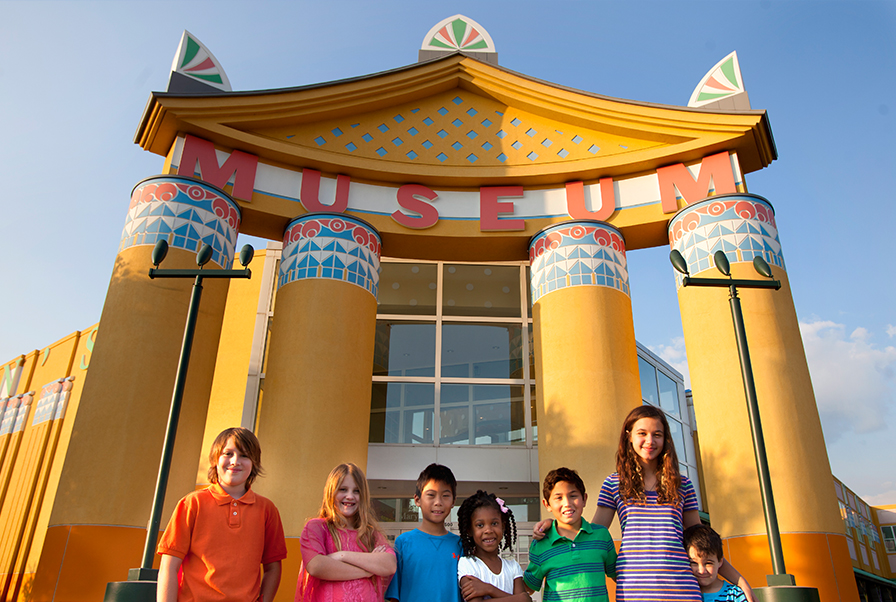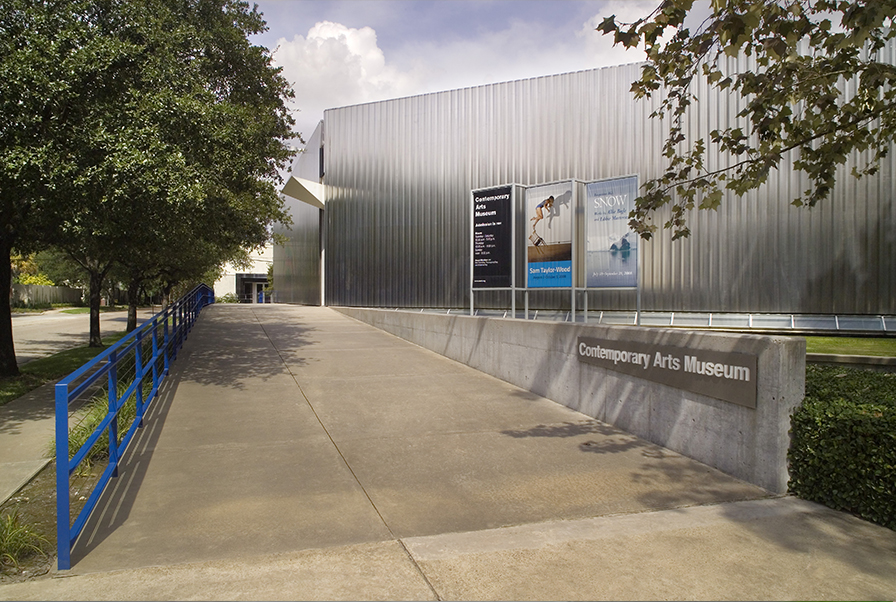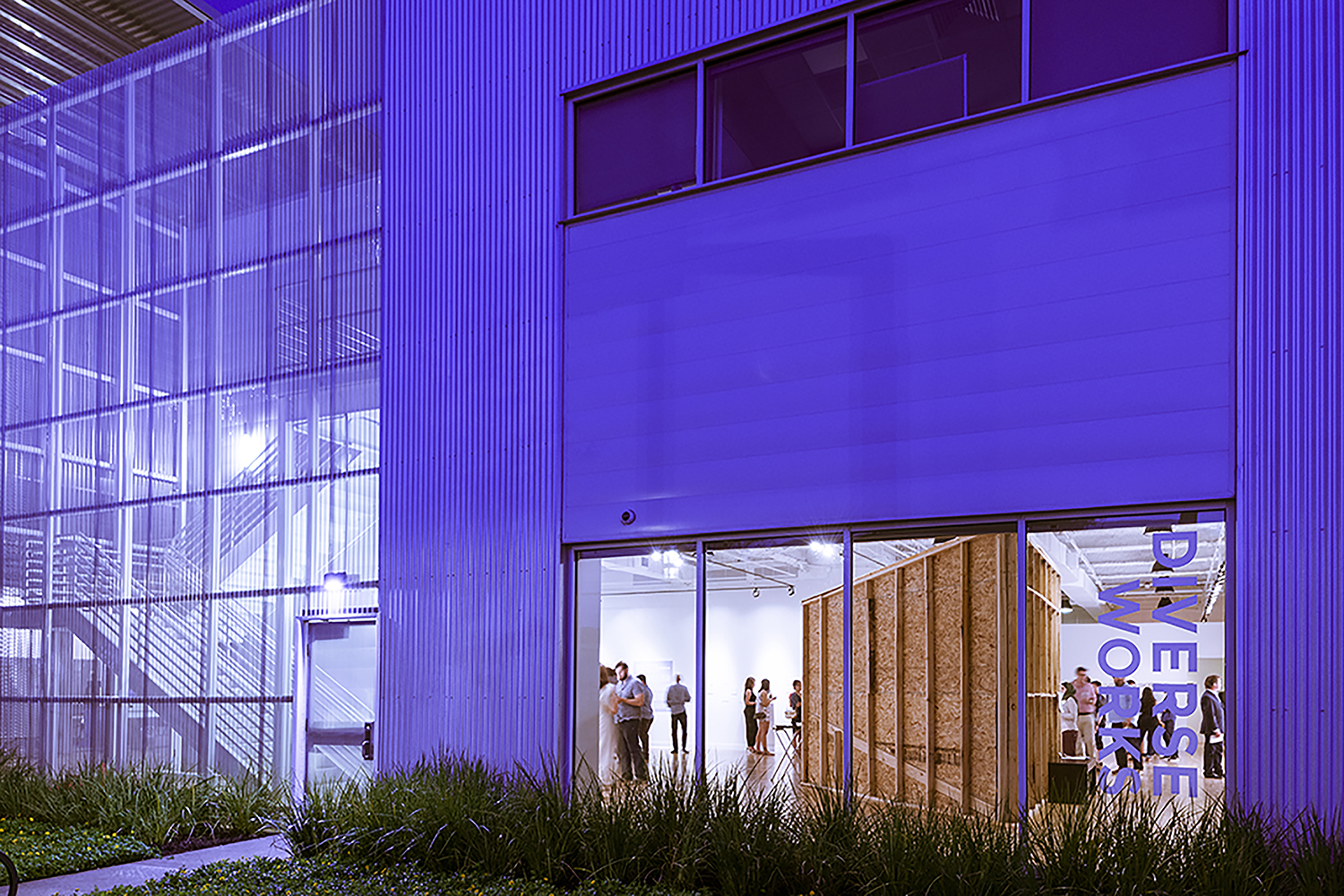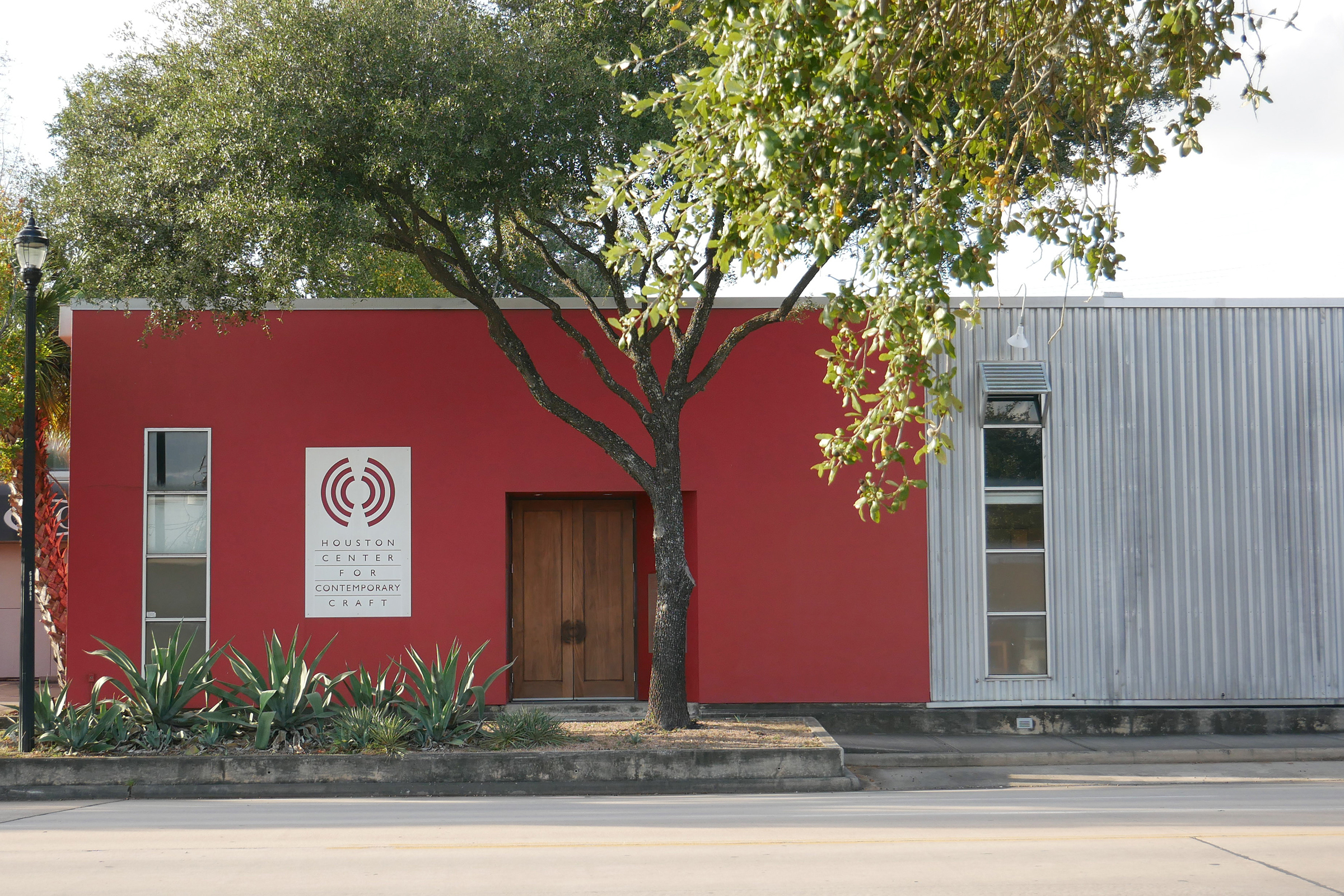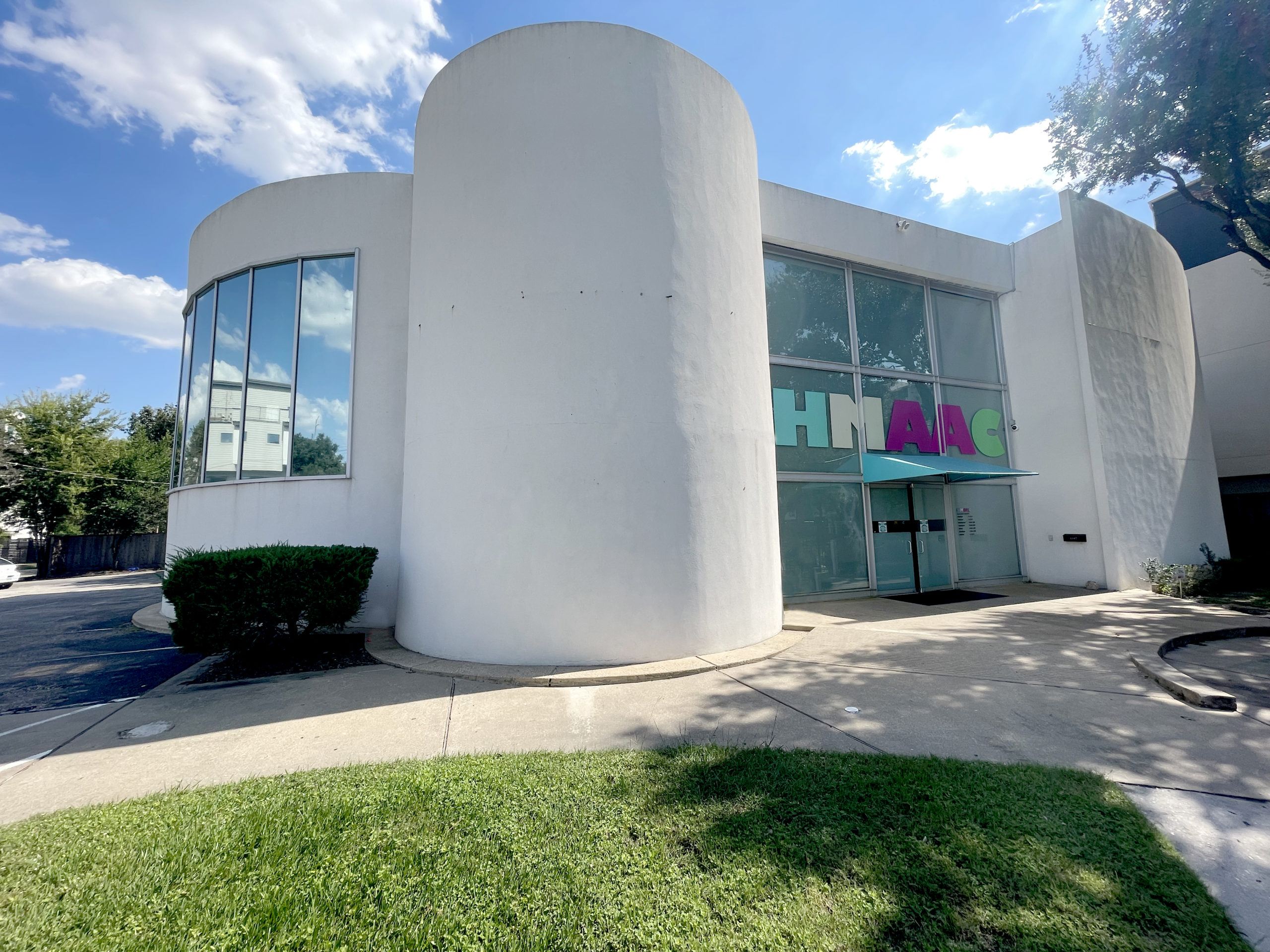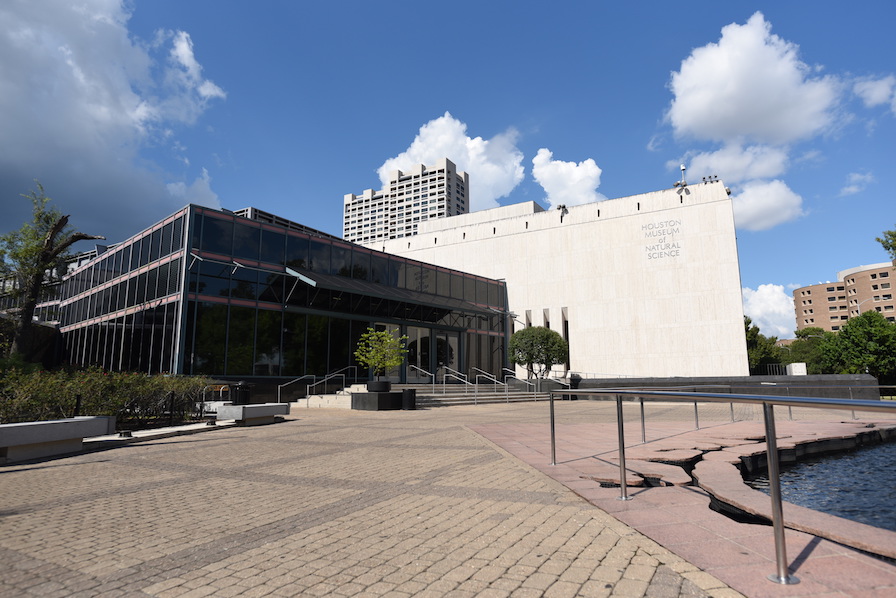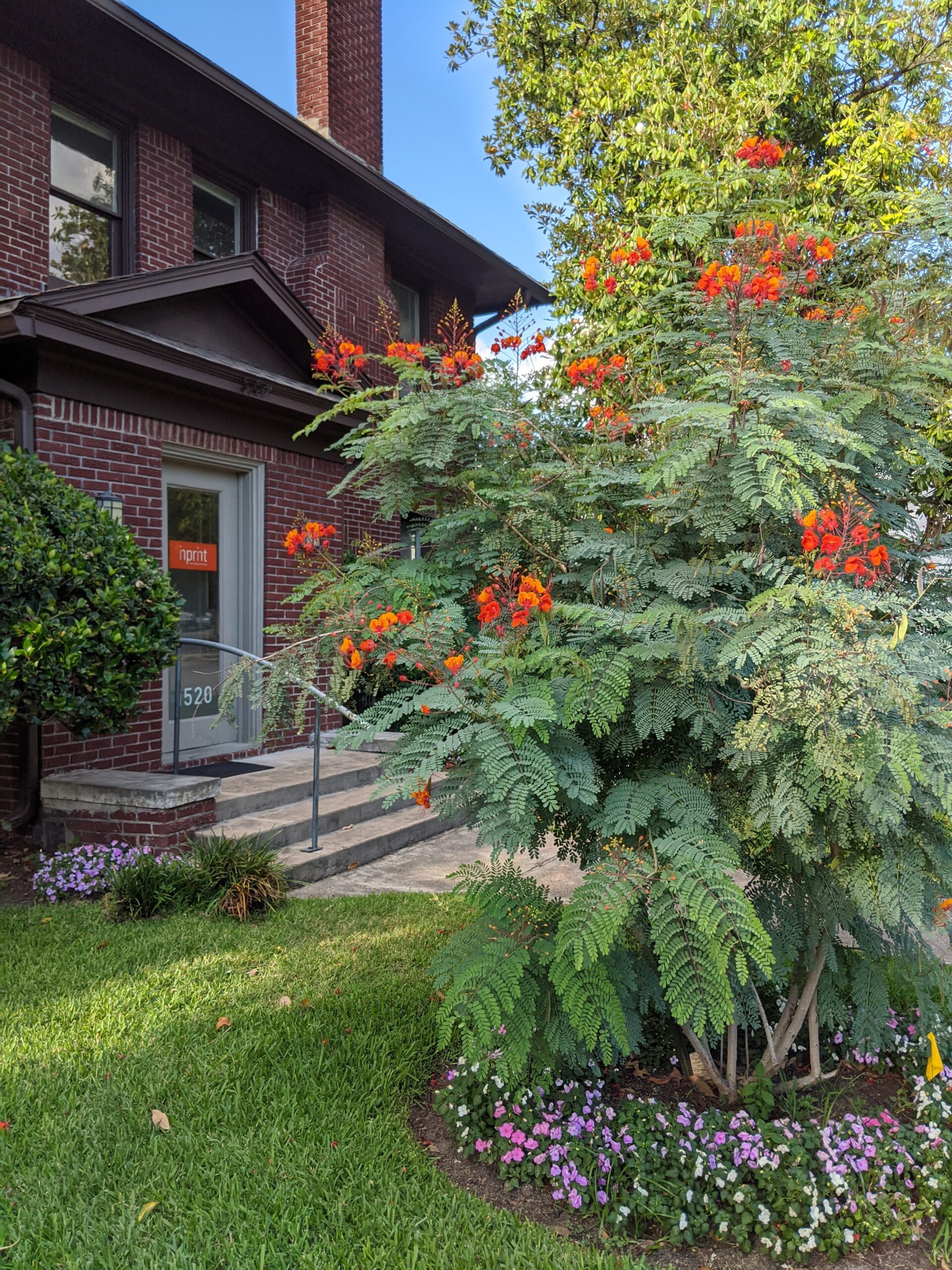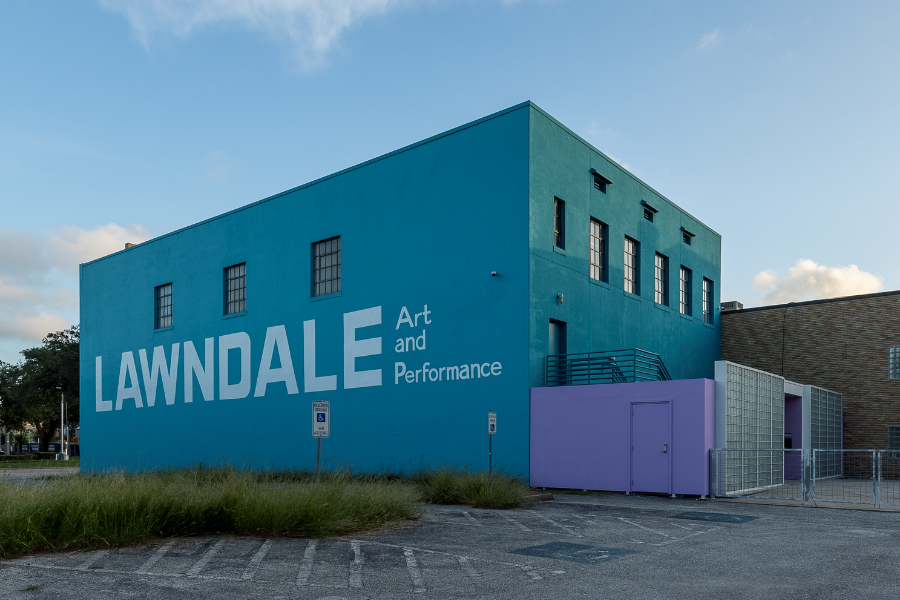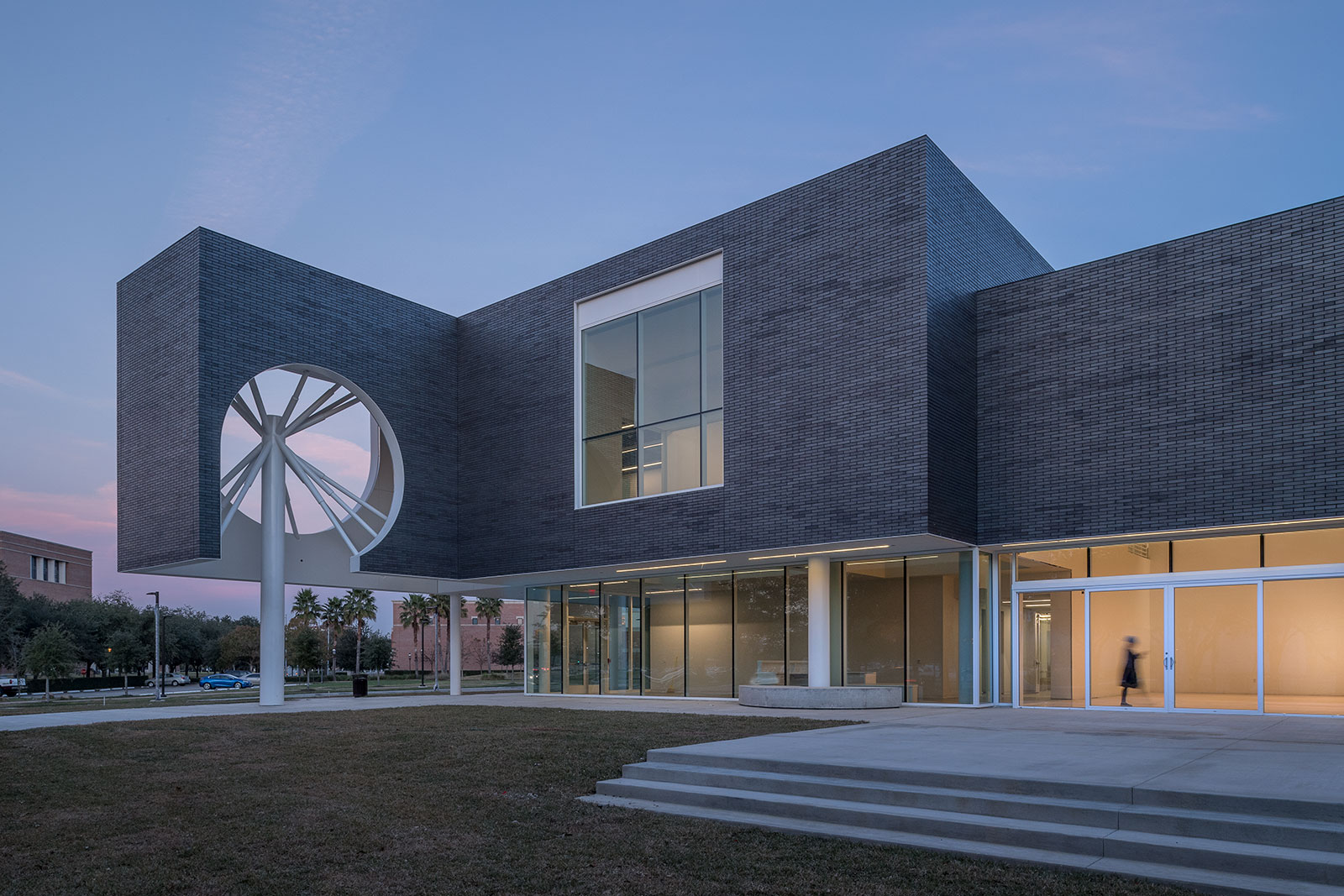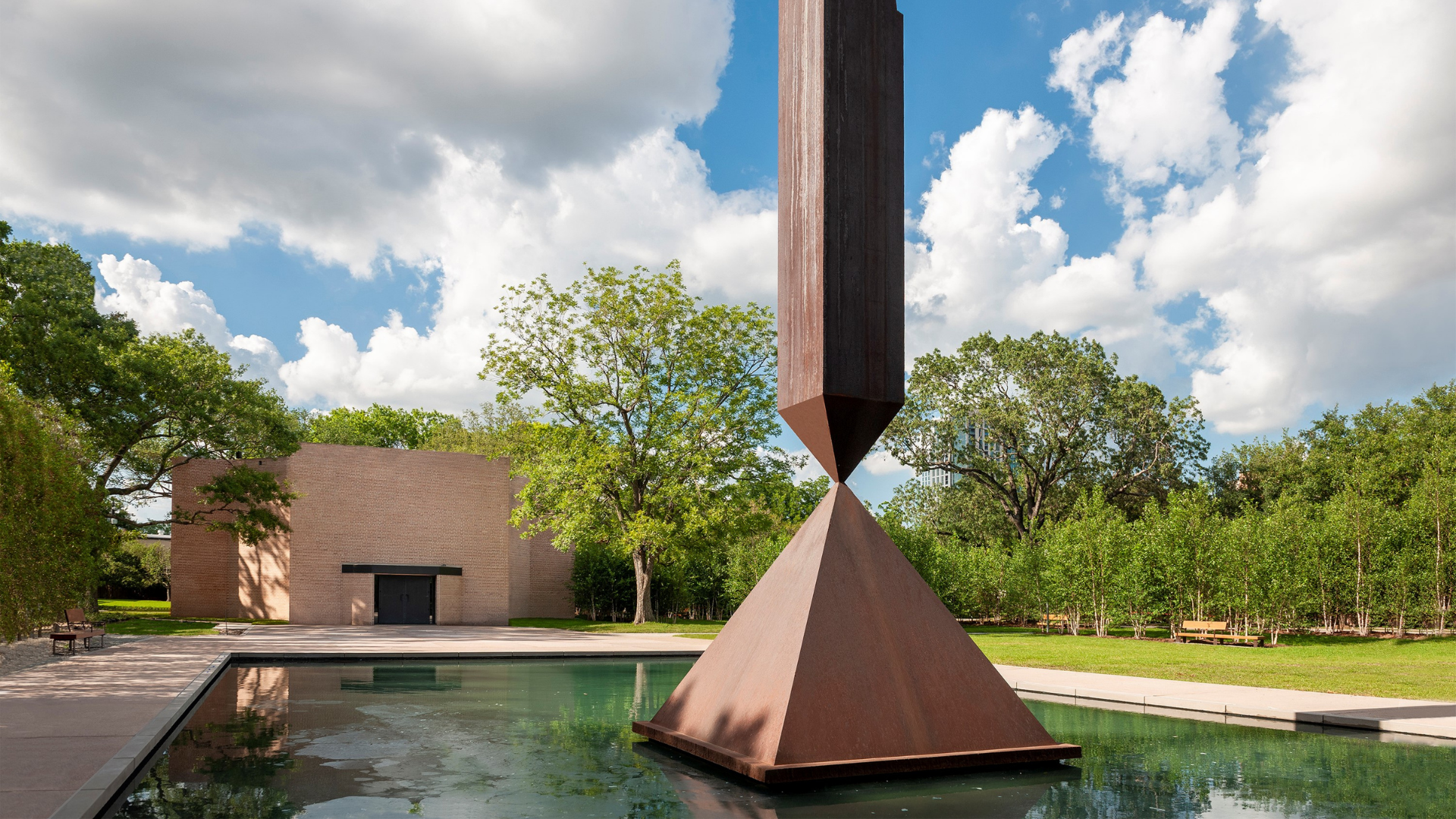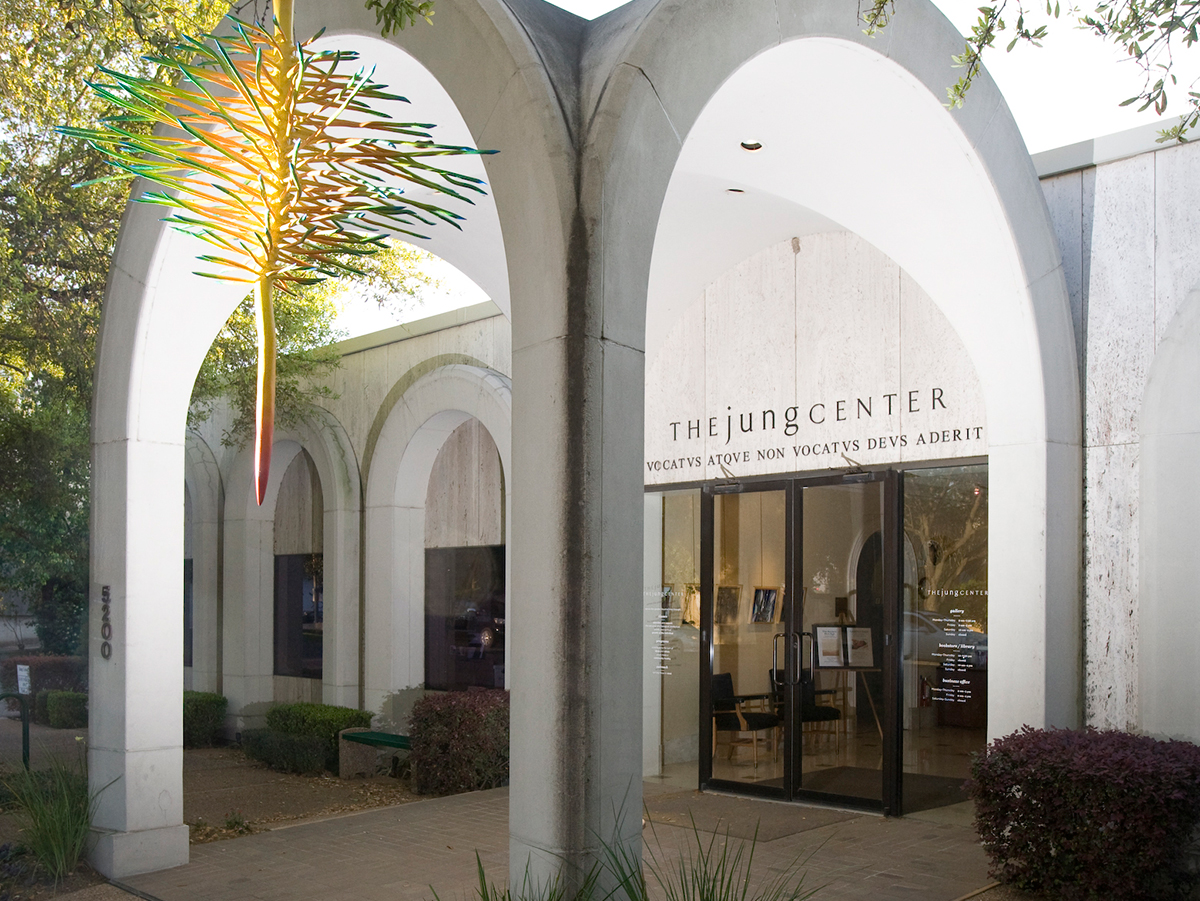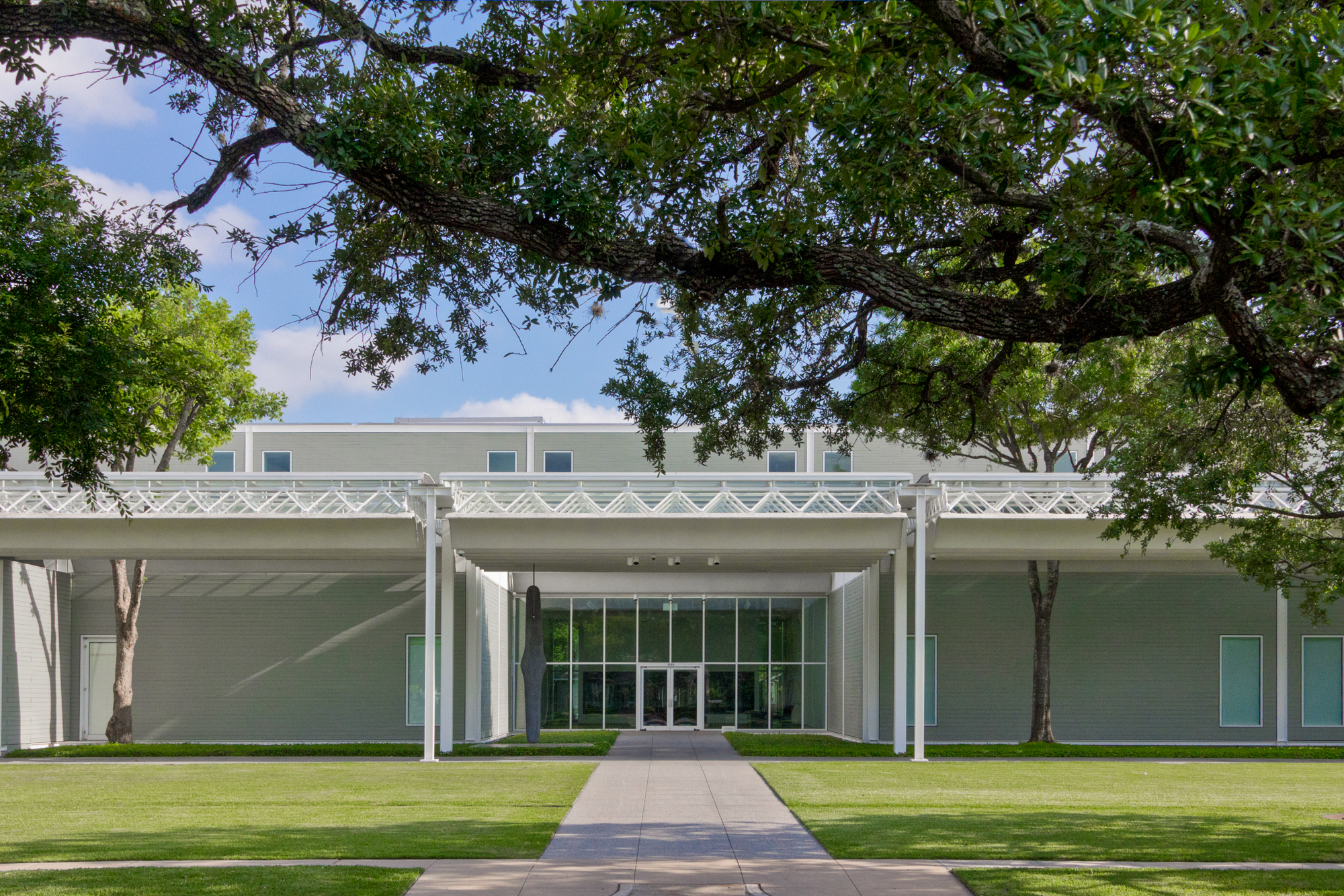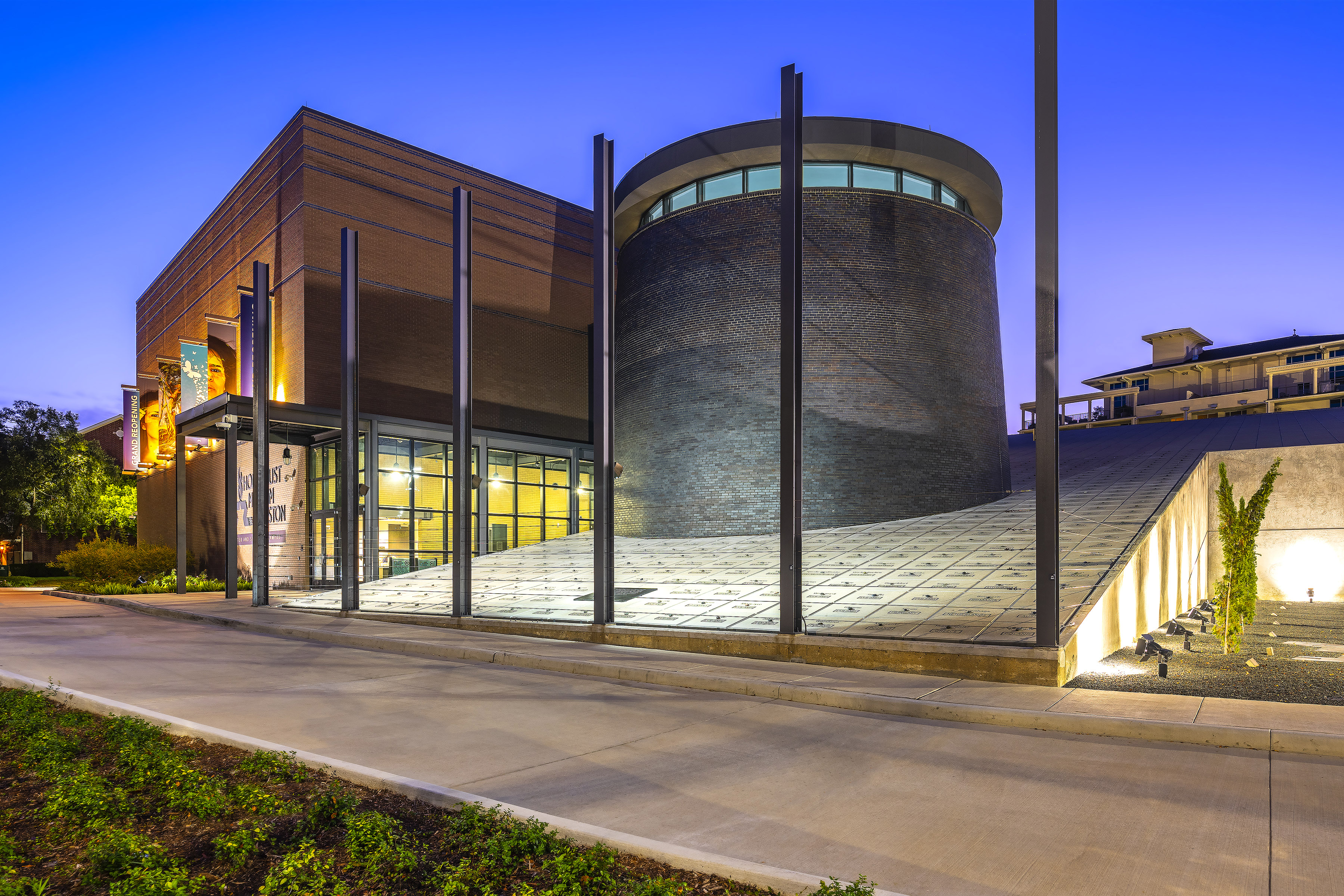
Friday, Apr. 3, 2020 – Friday, May. 1, 2020
This is a project designed for students in grade 6 and up.
DOWNLOAD THIS ACTIVITY AS A PDF
An oral history is an interview with someone who talks about what they experienced in the past. Holocaust Museum Houston has an oral history archive of Houston-area Holocaust survivors here. There is also a database of oral histories from the Holocaust collected by the USC Shoah Foundation here. We only have these important stories because someone decided to ask survivors to tell their stories. Now it is your turn to get more knowledge about the past by interviewing someone to create a new oral history.
Parents/guardians: Follow these steps to complete this project with your student(s).
STEPS
1. Watch this video to learn more about the Holocaust here. If you already know about the Holocaust, skip this step and start at step 2.
2. Listen to part of at least two Holocaust survivor testimonies using the links above to Holocaust Museum Houston and USC Shoah Foundation’s oral history archives and answer these questions:
- How do you think it felt for each person to tell their story?
- How were the experiences of the survivors similar? How were they different?
- What did you learn from each story?
3. Choose someone to interview.
This can be someone from your family, a family friend, teacher, or relative of a friend. Pick anyone who is older than you.
Ask this person if you can interview them. Due to social distancing during the COVID-19 pandemic, interview this person via phone, Skype/Zoom/FaceTime, or other virtual method (unless you already live with this person). Complete steps 4 and 5 before calling them!
4. Write a list of interview questions.
Think about what kinds of things you want to know about the past and the person you are interviewing and write up a list of questions. Try and have at least five questions.
5. Decide how you will record answers and check with the person you are interviewing to make sure they are okay with it.
You can take notes, record the interview, or just have a conversation without recording.
6. Conduct the interview
7. Answer the following questions about the interview:
- What did you learn during your interview?
- Was there anything you learned that surprised you?
- How was life different when this person was growing up from your life today
- How were things similar?
- How do you think it felt for this person to tell you their story?
- What was different when you were doing the interviewing rather than just watching an interview?
8. Now that you are an expert, interview more people!
Interview your parents or guardians to find out what life was like when they were your age. Interview your friends about how they are doing during the COVID-19 pandemic.
9. Look for other oral history projects to learn more about history. For example, the Czech Center Museum Houston has an oral history project that collects family immigration stories here.
INTERVIEW TIPS
- Explain your project to the person you want to interview and get their permission to record or take notes before you start. Some people will say no, and that is okay. Ask if it is okay if you share what they tell you with others.
- Write up a list of questions you want to ask before the interview, but be flexible during the interview. Ask follow-up questions to get more detail on interesting stories and facts.
- It is always okay to ask the person you are interviewing to repeat something or explain if you don’t understand.
- If you have a lot of questions, break the interview up into more than one session or offer to take a break every so often. Talking about the past can be difficult and tiring.
- Make sure the person you are interviewing is comfortable during the interview. If you are interviewing them virtually, do a practice call to make sure everyone understands how the interview will work. Ask if there is anything else you can do to make them comfortable.
- Taking an oral history means listening. The person you are interviewing may say things you disagree with or things you don’t like. Instead of telling them your own opinion, ask them things like, “why do you think that?” Remember, this is a chance for the person you are interviewing to tell their story – let them have the spotlight.
HOURS & ADMISSION
-
Tuesday - Saturday, 10:00 am - 5:00 pm
Sunday, noon - 5:00 pm
The Museum is closed Mondays, except for Martin Luther King Jr. Day, Memorial Day and Labor Day. -
Members: Free Adults: $22 Seniors (age 65 and above): $16 AARP Members: $16 Active Duty Military: $16 Ages 0 – 18: Free
The Museum is free to all on Thursdays from 2 pm to 5 pm
PURCHASE TICKETS or hmh.org/tickets
If you have an international bank card, please purchase your tickets onsite at the Museum. We apologize for the inconvenience.
Admission is free on the following holidays:
- Veteran’s Day for active duty military and veterans
- Human Rights Day
- International Holocaust Remembrance Day
- Yom HaShoah
- Memorial Day through Labor Day for active duty military and their families
The Museum is closed on the following holidays:
- Rosh Hashanah
- Yom Kippur
- Thanksgiving
- Christmas Day
- New Year’s Day
- Easter Sunday
Directions & Parking
- Paid Parking
- Paid parking is available in the parking lot next to the Museum on the corner of Binz and Caroline St.
Events at Holocaust Museum Houston
Within Walking Distance
Join the Houston Museum District
Join our mailing list for sneak peeks to upcoming events and insider information on the best museum district in the world



